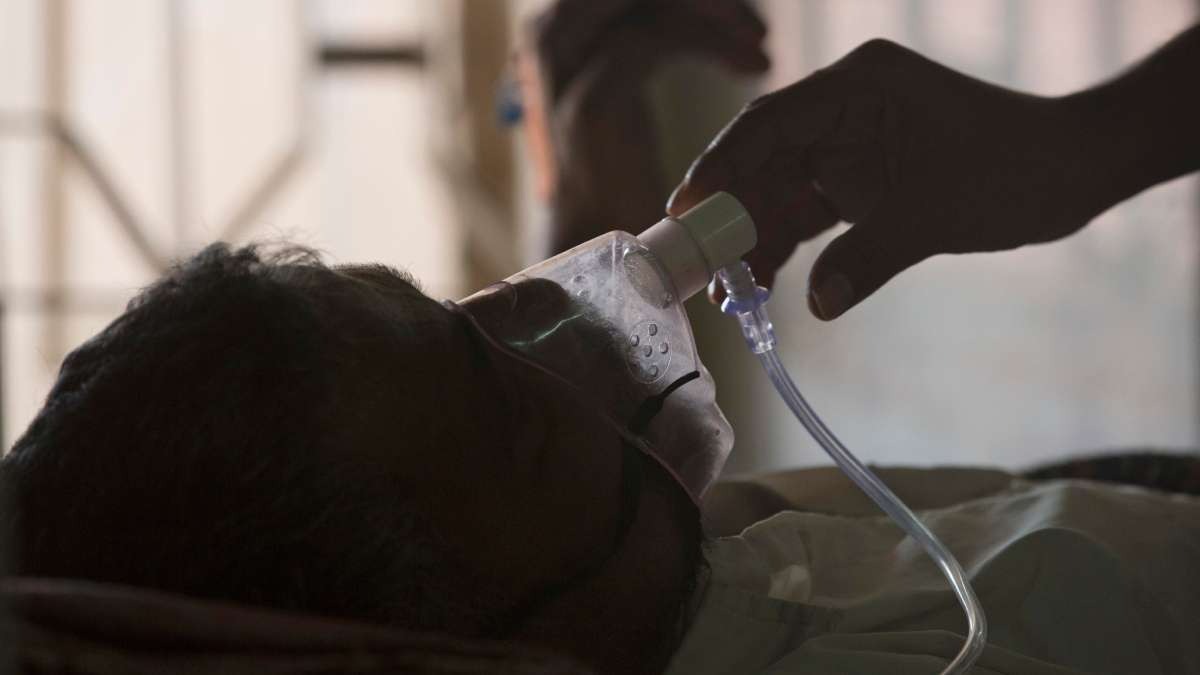
Health: The World Health Organization reported on Tuesday that more than 8 million people were diagnosed with tuberculosis last year, the highest figure since the UN agency began tracking.
Tuberculosis replaced COVID-19 to become the top cause of infectious disease-related deaths in 2023, according to a World Health Organization report published on Tuesday, highlighting the challenges in the global effort to eradicate the disease.
As per the latest estimate, over 1.25 million people died from tuberculosis last year, and TB is expected to reclaim its position as the world's leading infectious disease killer after being displaced by COVID-19 during the pandemic. The number of deaths from HIV is nearly double that of 2023.
According to WHO, tuberculosis continues to impact individuals mostly in Southeast Asia, Africa, and the Western Pacific, with India, Indonesia, China, the Philippines, and Pakistan accounting for more than half of global cases.
“The fact that TB still kills and sickens so many people is an outrage, when we have the tools to prevent it, detect it and treat it,” WHO Director-General Tedros Adhanom Ghebreyesus said in a statement.
Globally, TB mortality continue to reduce, and the number of newly infected people is beginning to stabilize. The organization reported that fewer than half of the 400,000 patients believed to have drug-resistant tuberculosis last year were diagnosed and treated.
Tuberculosis is caused by airborne bacteria, which mostly attack the lungs. Around a quarter of the world's population is thought to have tuberculosis, yet only about 5-10 per cent develop symptoms.
Advocacy groups, including Doctors Without Borders, have long urged the US company Cepheid, which manufactures tuberculosis tests used in developing countries, to make them available for $5 per test to enhance availability. Earlier last month, doctors without borders and 150 global health partners addressed Cepheid an open letter urging them to "prioritise people's lives" and urgently assist in making tuberculosis testing more ubiquitous globally.
--Advertisement--

 Desk
Desk Share
Share






